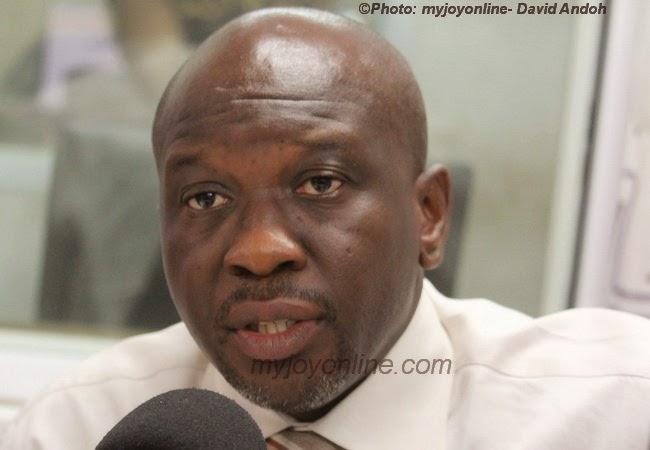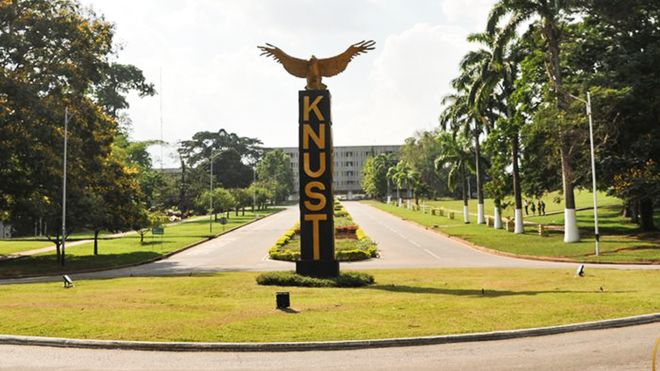Ghana Water Company decries 1% tariff increment

|
Getting your Trinity Audio player ready...
|
The Ghana Water Company Limited (GWLC) has described the one percent
increment announced by the Public Utilities Regulatory Commission
(PURC) yesterday as woefully inadequate.
According to the company, the slight increase and existing huge debts
would hamper their operations and affect water supply.
Public Relations Officer of the water company Stanley Martey told Joy
News that “the tariffs that have been given are woefully inadequate
and will affect our operations”.
The PURC announced a one percent increase in water and a 2.6 percent
increase in electricity which will take effect on April 1, 2015.
The Commission explains that the rise is necessary for the electricity
distribution Company’s maintenance and also, that the water company
had complied with regulations.
However, Stanley Martey told Joy News the one percent increment will
not be enough because water provision is capital intensive.
He said the amount will not allow the company to make enough profit to
settle its debt and do more investment.
Meanwhile, some consumers are rejecting the new tariffs.
Some of them who spoke to Joy News said the increment was a “rip-off’
and will not change anything.
The most important thing to do now, in their view is to fix the many
problems the utility providers are plagued with. When that is done
consumers will pay anything they are charged.
Others are also of the view that because April 1 is April fool’s Day,
the increment in the utility tariff is was probably just a prank.
In July last year, the PURC adjusted utility tariffs. Electricity went
up by 6.1 percent while water tariffs were increased by 12 percent.
This was after Ghanaians had for more than one year been enduring
power and water rationing.
Later that same year in September, another tariff adjustment was
announced. This saw a 6.54 percent increase in electricity while water
went up by 4.54 percent.
The Commission said the marginal increase was necessitated by the
shift to crude oil for generation of power, occasioned by erratic gas
supply from Nigeria.
Many have expressed frustrations at the development, but the managers
of the power systems say it is the only way they can provide adequate
services – especially when the power crisis has gotten worse.
The increase in tariffs, although marginal, is set to upset many consumers.
Credit: Myjoyonline.com




